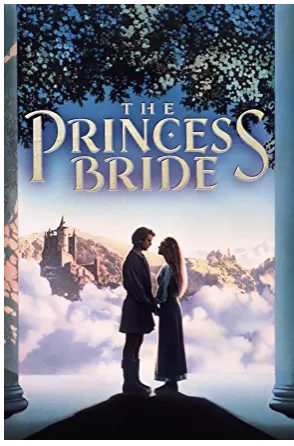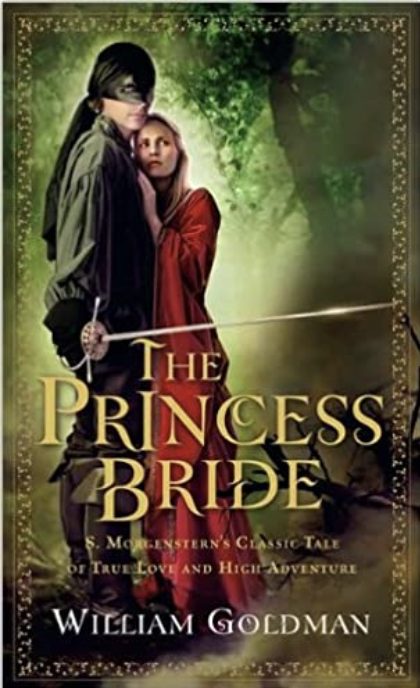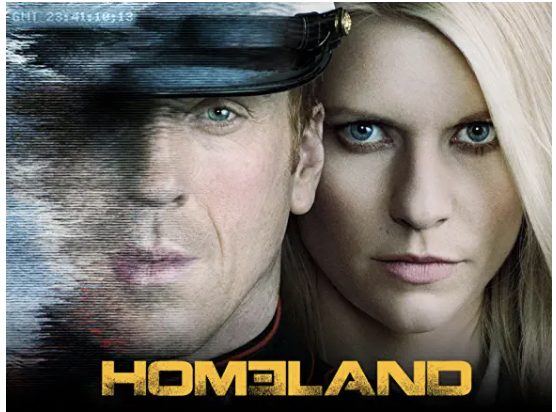Revenge: The case for and against.

Revenge - The Case for and Against: Would anyone still be talking about "The Princess Bride" if instead of saying "My name is Inigo Montoya. You killed my father. Prepare to die," he had said "My name is Inigo Montoya. You killed my father. Prepare to be forgiven"? Tweet

According to Leon F Seltzer Ph.D., in Psychology Today, there are five reasons why trying to get revenge is a bad idea:
1. Psychology Today says: Revenge Is Primitive, Barbarous and Savage.
Our take: Yeah, but sometimes isn’t that the point?
2. Psychology Today says: The Material, Psychological and Spiritual Costs of Revenge Can Be Devastating.
Our take: The material, psychological and spiritual costs of not getting revenge can be devastating, too. At least if I get revenge, I can relive the moment as needed instead of endlessly torturing myself by fantasizing about it and hating myself for never having followed through.
3. Psychology Today says: Wreaking Revenge on Another Is Either Corrupt or Corrupting.
Our take: Yeah. Maybe. Sometimes. But sometimes, well-planned revenge is a beautiful, karma-filled event:
“My name is Inigo Montoya. You killed my father. Prepare to die.”
4. Psychology Today says: Calculating and Carrying Out Revenge Is Foolish, Self-Defeating and Even Stupid.
Our take: Maybe, but only for people who read Psychology Today.
5. Psychology Today says: In the End, Revenge Accomplishes Nothing: It’s Both Fruitless and Futile.
Our take: We agree that in the end, revenge won’t bring back Inigo Montoya’s father or undo the wrong perpetrated upon you or someone you love; but if applied well (and by that, we mean cleverly, appropriately and legally) revenge can do a hell of a job helping you clear your head.
Two final thoughts on revenge that may change your mind about HOW to seek revenge:
1. The best revenge is to live on and prove yourself. — Eddie Vedder, from Pearl Jam
2. Supporting Eddie Vedder’s views on revenge are these words from Mandy Patinkin, who played Inigo Montoya in The Princess Bride (and Saul Berenson in Homeland many years later, which opens the door to a conversation about revenge on a global level):
“Well, there are two lines from the Princess Bride that I love. The one that everyone is for a very familiar with is ‘Hello. My name is Inigo Montoya. You killed my father. Prepare to die.’
“That’s the popular one, but I heard another line from the movie about five, six years ago. I was in the gym, working out, running through my lines, my songs for a concert.
“The TV was on. The movie was on the TV, but the sound was off because I was running my stuff and I went up to my hotel room to have my dinner before I went to the theater. My wife was there and she had the movie on, it was at the end of the movie right when Buttercup falls out the window into Andre’s arms.
“The Man in Black is sitting there asking me to be the Dread Pirate Roberts, and the 58-year-old me is watching the 30-something-year-old me say a line that I said, it’s in the movie, but I didn’t really hear it as that young man. And for me, it’s the most potent line in the whole film.
“And that line is:
“‘I have been in the revenge business so long, now that it’s over I do not know what to do with the rest of my life.’
“And I love that line, and I love it for all of us because the purpose of revenge in my personal opinion is completely worthless and pointless. And the purpose of existence is to embrace our fellow human beings, not to be revengeful, and turn our darkness into life.”
Bottom line:
We think Psychology Today’s views on revenge are bullshit because they don’t take into account the psychic need to settle the score.
On the other hand, we think Eddie Vedder and Mandy Patinkin have nailed it:
If you’re going to seek revenge, plan it well so that the other guy suffers because your gain is so great.
Or to say it another way:









